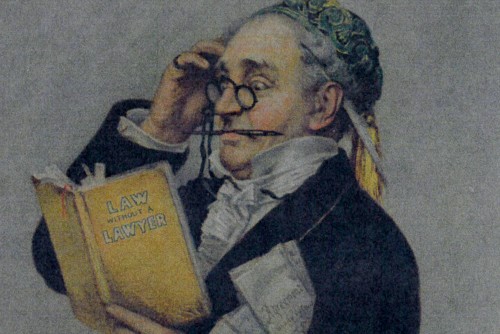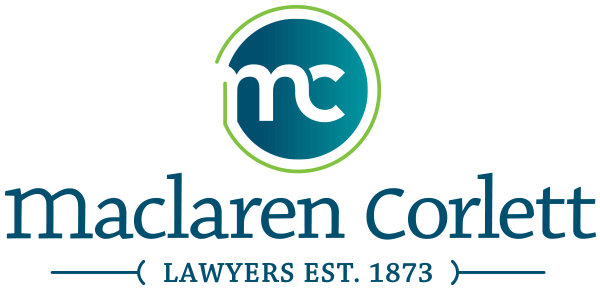DIY Legal Advice – Sometimes you get exactly what you pay for

There is really no way to keep this from sounding self-serving for the legal profession but, just as in medicine, pharmacy and the like, there are times when certain things are best handled by a professional, even if you don’t happen to like lawyers. While lawyers may not be able to help alleviate your physical pain, they can certainly help you to avoid experiencing pain, or help to reduce the amount of pain it takes to achieve a resolution.
Perhaps the following true anecdotes may help to show that this is not all about self-promotion:
1. A client undertakes a new business venture in an area in which they have no experience; outsources their website to an off-shore company; their packaging and labelling is done in-house by calling in a few favours from someone who has experience in a broadly related (but not the same) area and the client goes to market without having properly classified his goods or filed the necessary government notifications.
RESULT: Goods are seized at the border, packaging and labelling is refused, goods are re-exported and the client ends up losing its sunk costs, has to incur legal expenses to assist with the government intervention and ends up now incurring the costs which it would have paid initially to properly set up its business so that it is in compliance with the law.
2. A client seeks to invest in a business which has been successful in other initiatives. The management of the firm into which the investment is being made believes that, since they have done it before with legal assistance, they can now do it themselves and save time and money. Management creates documents which do not properly reflect the business venture, which are non-compliant with government requirements and which end up being rejected by the investor. At the investor’s prompting, legal counsel is once again retained by management and the matter starts to move forward, but management still insists on relying upon their own “expertise” in drafting legal documentation without involving their legal counsel.
RESULT: The investment is delayed; additional legal costs are incurred in redrafting documents in a proper legal fashion and the investor loses confidence in management and the investment.
3. A client is about to leave on a lengthy vacation and would like a Will. The client acquires a pro forma Will, fills it in and goes on vacation but asks the law firm to hold the Will for them upon their return. A lawyer agrees to hold the Will for them upon condition that, upon their return, the lawyer will tell them what the Will actually says before the client tells the lawyer what they meant it to say.
RESULT: Upon return from vacation the client sits down with the lawyer and the lawyer explains the terms of the pro forma Will and also what is missing. After indicating that the pro forma Will did not reflect their wishes at all, the Client requests a new Will reflecting their wishes. The client’s true gifting intention had been at risk during the month long vacation and the time it took to draft the Will. Good thing nothing untoward happened!
This is not to say that clients cannot, and should not, do many things themselves. There is no substitute for a common sense approach and a common sense solution to many things. Most clients are certainly able to do Small Claims Court actions, to negotiate the commercial terms of a business contract, to decide what they want done with their estate or to come to an agreement with his or her spouse on the practicalities of separation and access rights to children, if everyone acts reasonably. Some clients seek some legal advice before they undertake their own Small Claims Court actions and, for the other items recited above, a lawyer’s work is made quicker and cheaper if the only task left is to transform these practical agreements into legal documents.
However, as we all know, common sense and practicality do not always win out and the lawyer may have to undertake the role of being an advocate as well as a draftsman. In this case as well, one hopes that the lawyer exercises the same elements of common sense and practicality as he or she was looking for from the client.
When engaging the services of a lawyer, make sure that you have a discussion about the roles to be played as between lawyer and client so that proper recognition is given to the wishes of the client and to the professional expertise of a lawyer.
Even for lawyers they say: “A lawyer who represents himself has a fool for a client.”




